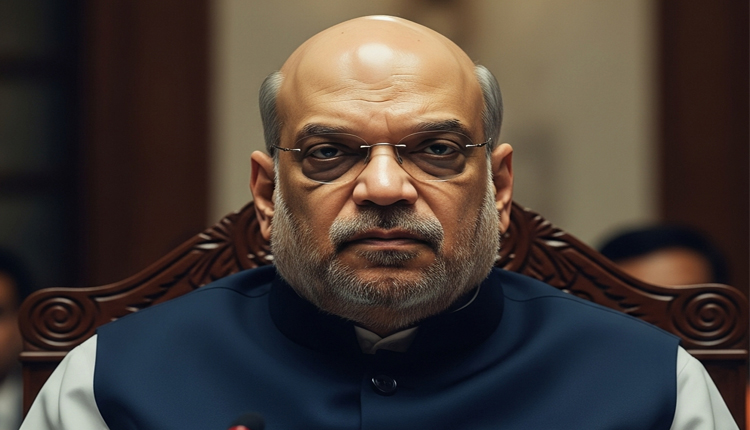New Delhi: Breaking a long-standing convention, Union Home Minister Amit Shah has refrained from any official foreign visit or international delegation meeting since taking charge in 2019 – a remarkable six-plus years of staying rooted in India, prioritising domestic security challenges over global engagements.
This stands in sharp contrast to his predecessors’. Rajnath Singh (2014-2019), Shah’s immediate predecessor, actively pursued bilateral ties. He visited Russia for high-level security talks, the United States to strengthen counter-terrorism cooperation, and neighbouring countries like China and Pakistan for border and internal security dialogues.
During the UPA era, P Chidambaram (2008-2012) made headline-grabbing trips, including a significant visit to Pakistan in 2010 for a SAARC interior ministers’ conference – the first high-level engagement post-26/11 Mumbai attacks – aimed at rebuilding trust on terrorism issues. Sushilkumar Shinde (2012-2014) travelled to the US in 2013 to co-chair the India-US Homeland Security Dialogue and visited the National Counterterrorism Center.
Insiders attribute Shah’s “no-foreign-trip” record to his hands-on approach towards Jammu & Kashmir’s integration, naxalism eradication, and border infrastructure, believing the Home Ministry’s battles are best fought at home. As cross-border threats persist, many wonder if this unprecedented inward focus will hold or evolve?



Comments are closed.